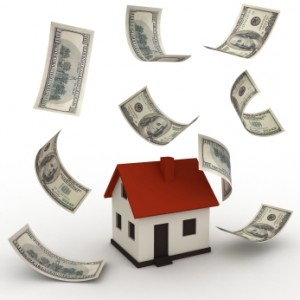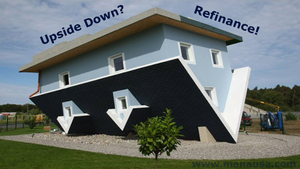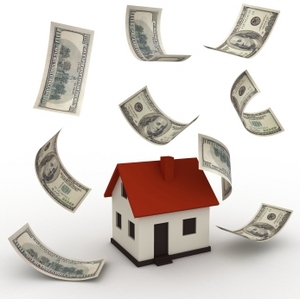 Today we want to talk to you about the Harp 2.0 refinance real estate option that could save you lots of money. The Home Affordable Refinance Program or Harp 2.0 is a government program that allows home owners of both primary residence and investment properties to refinance their properties and take advantage of some of the very attractive low interest rates that are present today. It was started by Federal Housing Finance Agency to help those homeowners who were drowning in debt by refinancing, even if they owed more than what the house is worth. Please be aware that this government program expires in 2017, so if you are interested in refinancing your property it’s something you should take advantage of now. Some of the requirements to be eligible for HARP 2.0 are that you had to have sold your mortgage to either Fannie Mae or Freddie Mac by June 1, 2009.
Today we want to talk to you about the Harp 2.0 refinance real estate option that could save you lots of money. The Home Affordable Refinance Program or Harp 2.0 is a government program that allows home owners of both primary residence and investment properties to refinance their properties and take advantage of some of the very attractive low interest rates that are present today. It was started by Federal Housing Finance Agency to help those homeowners who were drowning in debt by refinancing, even if they owed more than what the house is worth. Please be aware that this government program expires in 2017, so if you are interested in refinancing your property it’s something you should take advantage of now. Some of the requirements to be eligible for HARP 2.0 are that you had to have sold your mortgage to either Fannie Mae or Freddie Mac by June 1, 2009.
You must have no late payments in the last 6 months, no less than 1 late payment in the past 12 months, you must be up to your current mortgage payment along and this must be your first refinance through HARP.
Along with the HARP eligibility requirements, lenders may have their own. Lenders require you to provide proof of income, and some even require a minimum credit score to qualify. Many banks like Bank of America, Chase and Wells Fargo are experience delays in the application process due to the sheer volume of applications. So as I have said before, if this is an attractive option for you, you will want to start the process immediately.
If you have any questions about Harp 2.0 please feel free to email or call our office and we will be happy to explain it to you further.


